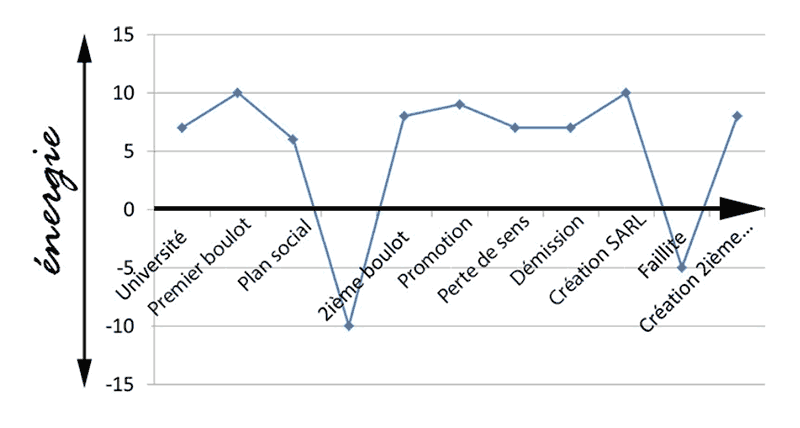Rich in vitamins, minerals, fiber and water, they do us good, and there is no downside to consuming it as part of a slimming diet. However, they are also high in fructose, and some experts recommend not eating them at any time. So what is it in reality?
Eating fruit is good for your health. No one can question this assertion. But among specialists, some point to the difference between the times to consume them. There would be times when they should be avoided if you want to keep the line or lose weight. “In fact, there is no universal and standard rule, comments Laurent Chevallier, nutritionist in Montpellier. It depends on several things. What fruits are we talking about?… Some contain more sugar than others, for example. Everything also depends on the sensitivity of his body which varies from one person to another. Or the amount ingested. Finally, another criterion to take into account is the effect of fruits on the body. Some have sensitive and fragile intestines and can suffer from bloating very quickly.”
In any case, as a snack, a fruit is always better than cookies which provide only empty calories. At least, we can benefit from an intake of vitamins, fibers, potassium… And also in fructosethat is to say, in sugar intake which allows you to maintain the concentration and energy necessary to wait until dinner.
To keep the line, it is rather the choice of the fruit that matters. If we want to be careful, we will favor those with a low glycemic index. The champions in the field being the apple or the grapefruit. But there are many others like kiwi, strawberries, oranges, etc. The sweetest fruit -cherries, bananas, grapes among others- should be consumed in limited quantities and reserved for the days when you have planned a session of physical activity afterwards. They remain indeed very rich in sugar, even if it is the natural sugar of the fruits. Sport will thus eliminate them. Same for dried fruits.
Learn to self-observe
In addition, many nutrition specialists advise against fruit after meals. They would thus remain in the stomach for a long time and would begin to ferment around the food bolus because of their fructose content. This fermentation is the source of digestive discomfort such as bloating and therefore an increase in waist circumference. “This theory is not for everyone. There are people who eat fruit at the end of a meal without harmful consequences. So you have to learn to observe yourself and analyze yourself. We test, and we analyze the effects on his body. Everyone is the best observer of themselves to correct the situation”, analyzes the nutritionist.
Before a meal or as a snack?
Fruit can also be included with breakfast. A fruit salad to start the day will guarantee you a significant vitamin intake.
As for fruit-based snacks, whatever the time and provided you limit yourself to just one, they are not likely to raise the needle of the scales. If you want to keep the line, it do not exceed 2 fruits per day and favor categories with a low glycemic index.
The reflex of eating fruit just before a meal can be interesting for eating less because it allows satiation, so a smaller meal in quantity.
Finally, know that it is important to consume whole fruit with skin and not in juice. The latter is very harmful for the line since it only contains sugar, the fibers having disappeared. However, the interest of fibers in a slimming diet is well established. In addition to better digestion and better transit, they help to calm the hungriest stomachs.
Thanks to Laurent Chevallier Nutritionist in Montpellier, author of “I live with an autoimmune disease”, Marabout editions
Read also:
- The top fruits with the lowest calories
- Slimming: 12 tips for sticking to your diet
- Seasonal fruits and vegetables: what to eat, month by month
- 6 ways to prepare watermelon

















